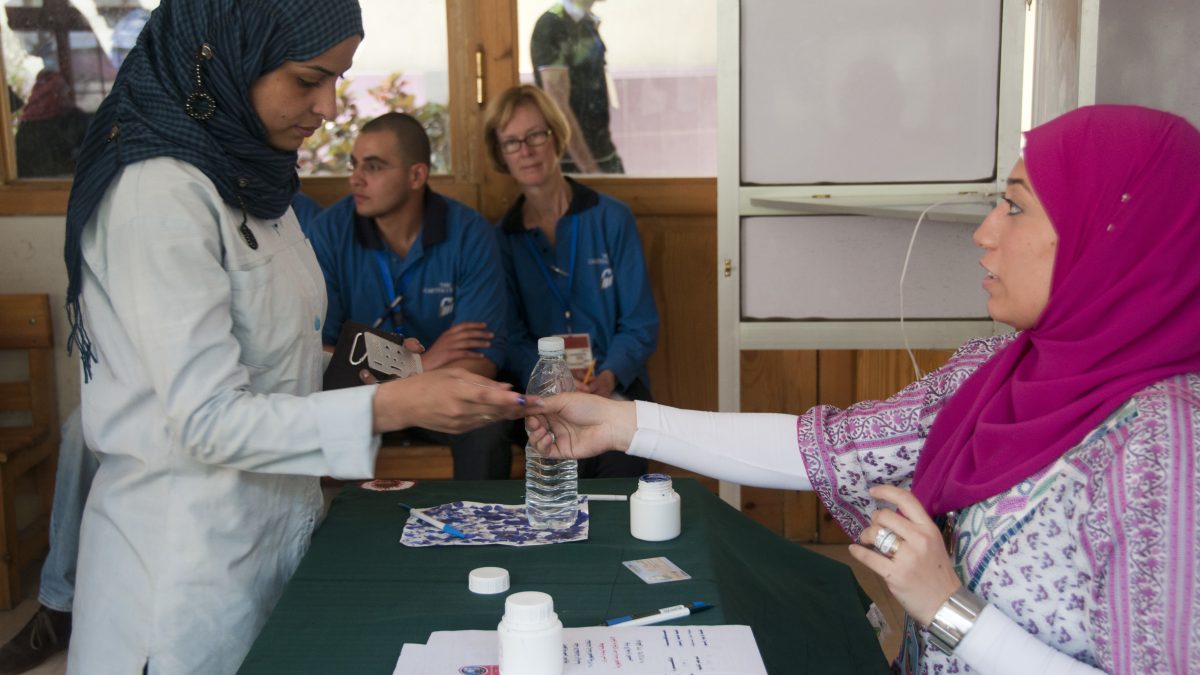Egypt

The Carter Center observed parliamentary and presidential elections after the January 2011 revolution overthrew President Hosni Mubarak and then monitored the political transition amid growing challenges up until the 2013 military coup.
President Carter’s deep interest in Middle East peace dated back to the Camp David Accords of 1978, a major accomplishment of his administration that led to peace between Egypt and Israel, and continued after he left the White House.
Impact
- Established a field office in Cairo after a revolution overthrew President Hosni Mubarak
- Observed parliamentary and presidential elections in the years 2011-2012
- President Carter and then Georgia State Sen. Jason Carter co-led different election observation missions

Explore Further
Related Content
Global Impact Starts with You
Your support sustains the Carter Center's mission of waging peace, fighting disease, and building hope around the world.
